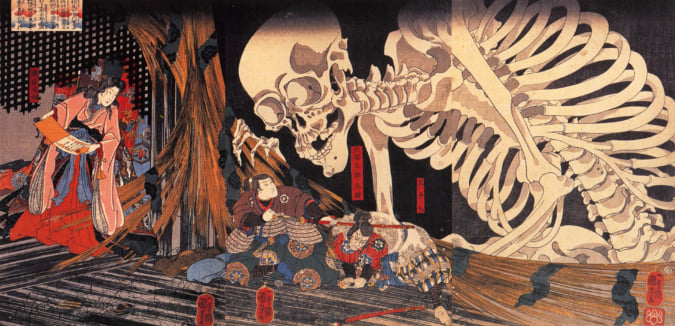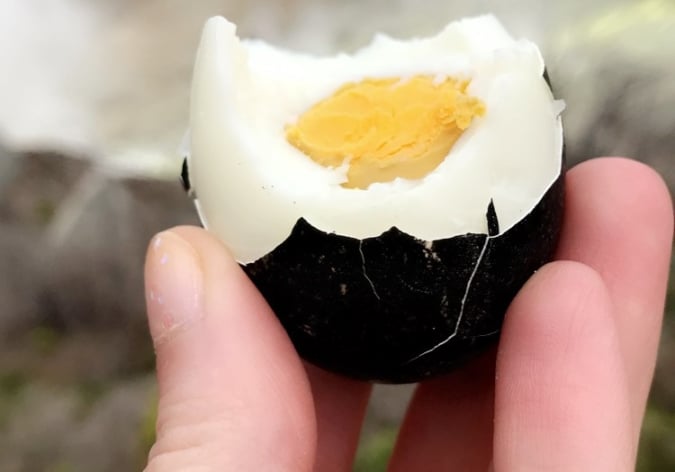Hokkaido: Autumn on a Gentle Slope
The northern island of the Japanese archipelago is not only home to green landscapes but also to a less well-known sustainable culinary scene. It is the result of the work of passionate people who are committed to respecting their region. Natural wines, permaculture, and gastronomy are inspired by the island’s local products: Sapporo and its surroundings promise beautiful culinary discoveries in harmony with nature.
Permaculture and mystical wine in Yoichi Bay
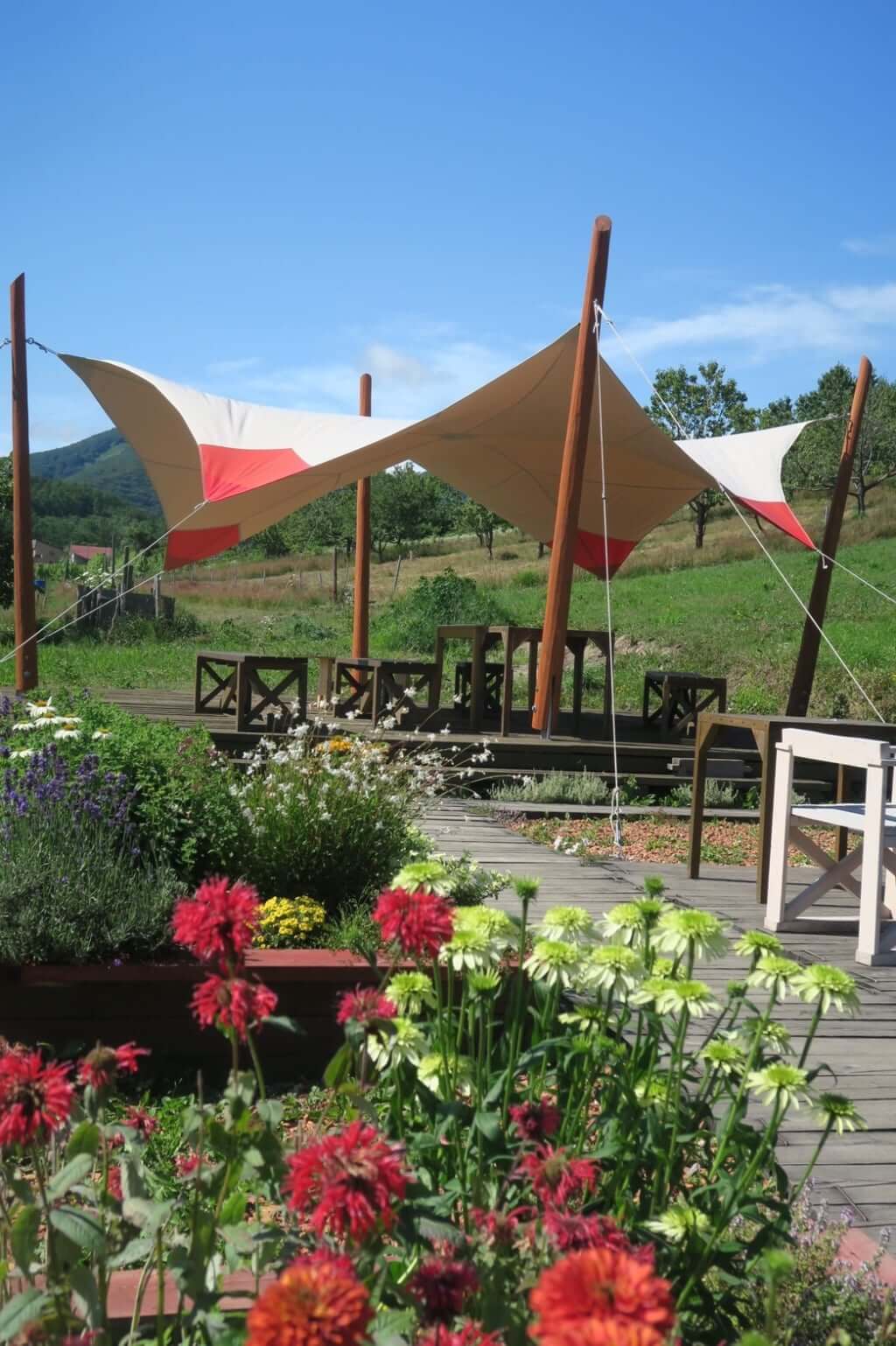
©Yoichi Eco-village
From Sapporo, we take a winding road to the sea. On the side of the road, the golden-yellow trees blaze, contrasting with the blue mountains that open to the shore. We approach the city of Yoichi, lying in the bay. With its perpendicular streets and wooden cottages, Yoichi has a Western-Canadian atmosphere. The cottage of Junka Sakamoto, with its red brick roof, can be seen in the distance on the edge of a meadow. This former urban planner founded the ‘Yoichi Eco-village’, where she organises nature trips and permaculture workshops on the farm. There she set up her tiny house overlooking the vegetable garden on a mountainside: ‘Before, I lived in a soundproof building in the city, I had never heard the birds from my room’, says the city-dweller-turned-farmer, pulling back the curtain that hides the thick forest from her tiny house. Other dwellings will be built soon to accommodate travellers. While waiting to be able to put down our luggage, we are offered a jar of candied tomatoes from the garden, a souvenir of the past summer.
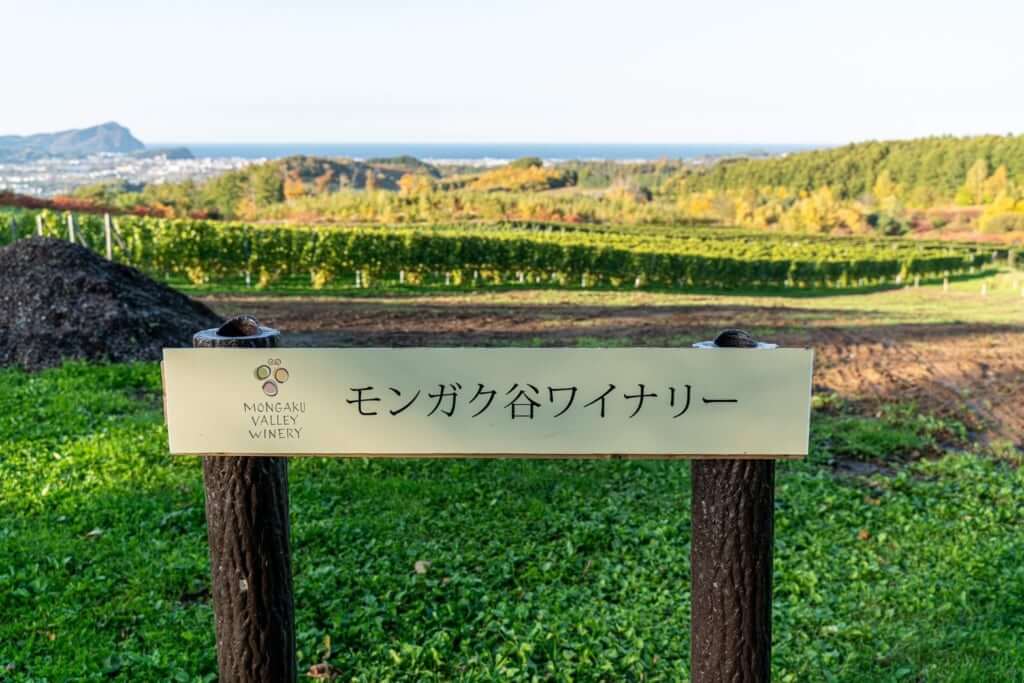
We are a few hundred metres from the Mongaku vineyard. The house of its owner, Shigeaki Kihara, watches over the estate on the hillside. Seen from above, the vines appear to overlook the sea. The climate in Hokkaido has become so favourable to their development that the owner quickly abandoned his initial pig-breeding project: ‘Several obstacles stood in my way, but the vines have done very well from the beginning, it was a sign’, says the winegrower looking up to the sky. Today, the vineyard produces a natural wine that matures in well-thought-out cellars: ‘I use gravity to make the juice flow from the grapes to the tanks; they are semi-buried and also benefit from natural insulation’, the proprietor explains. Under the autumn drizzle, the pinot noir harvest has begun. This grape variety, mixed with the other six he cultivates, makes up his annual cuvée, a delicate white wine of which he only produces a few thousand bottles.
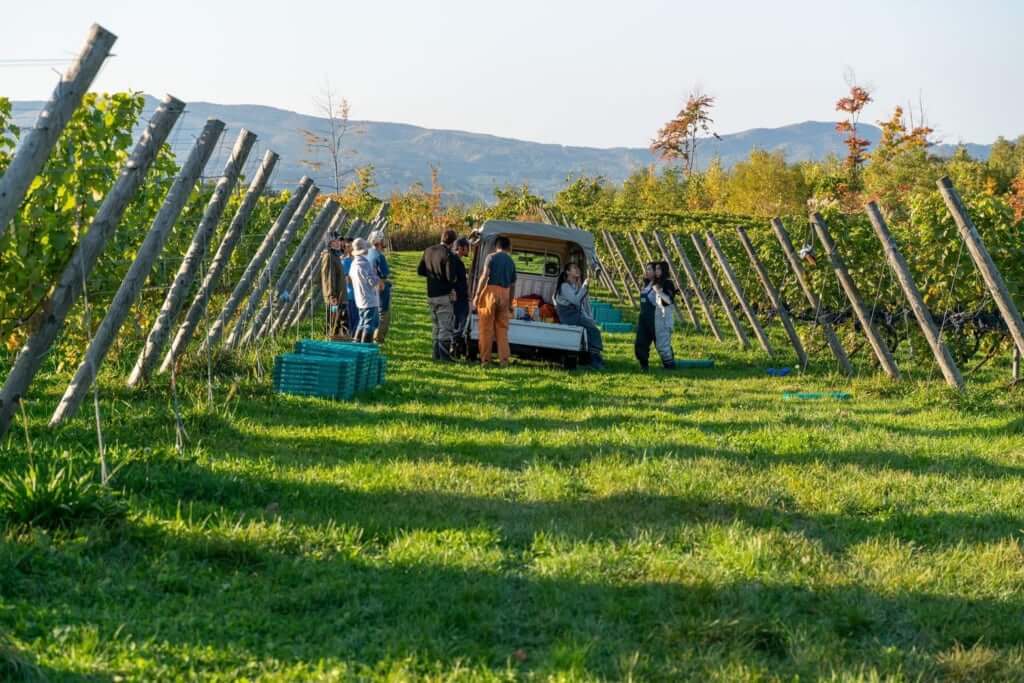
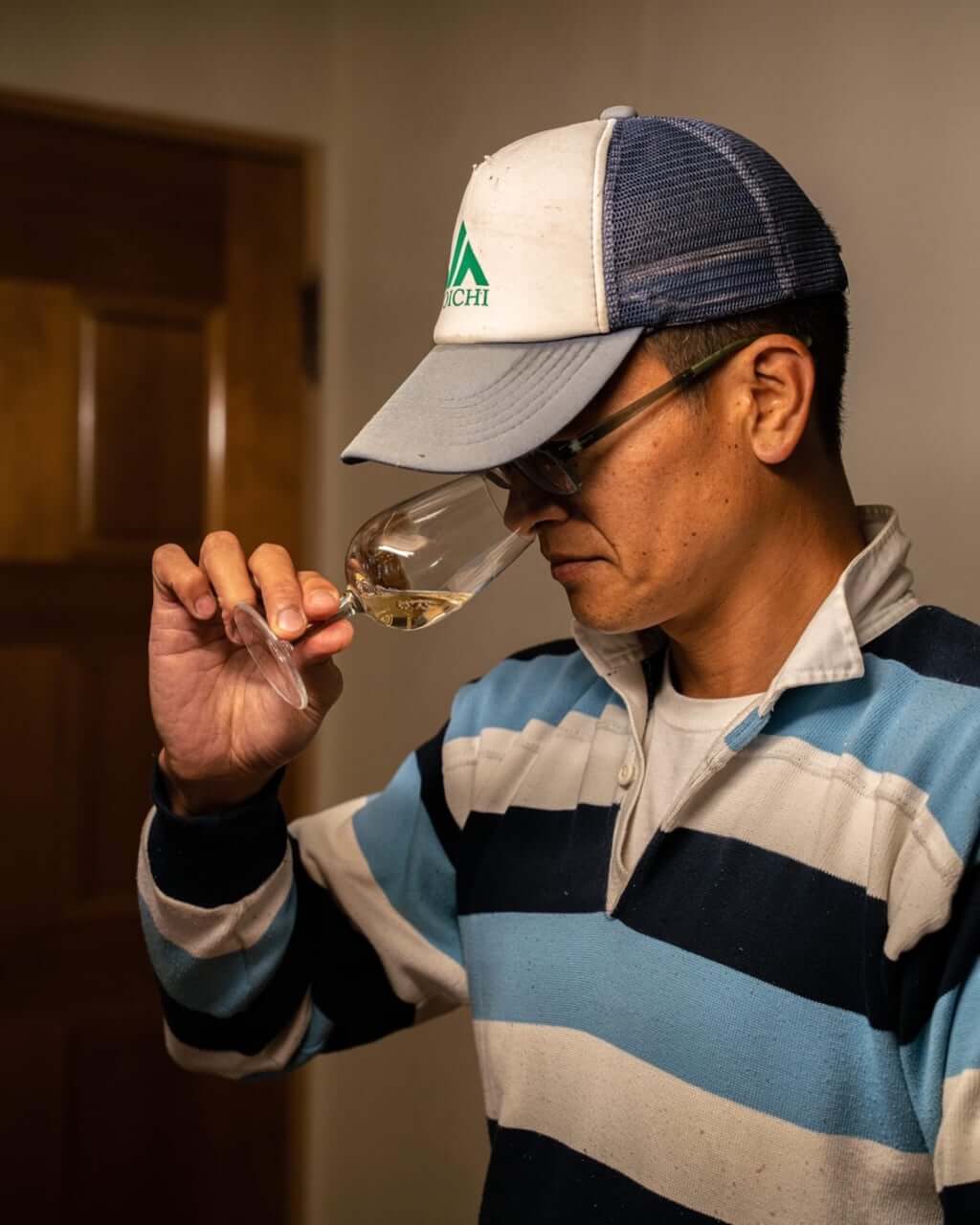
Local agreements in Otaru
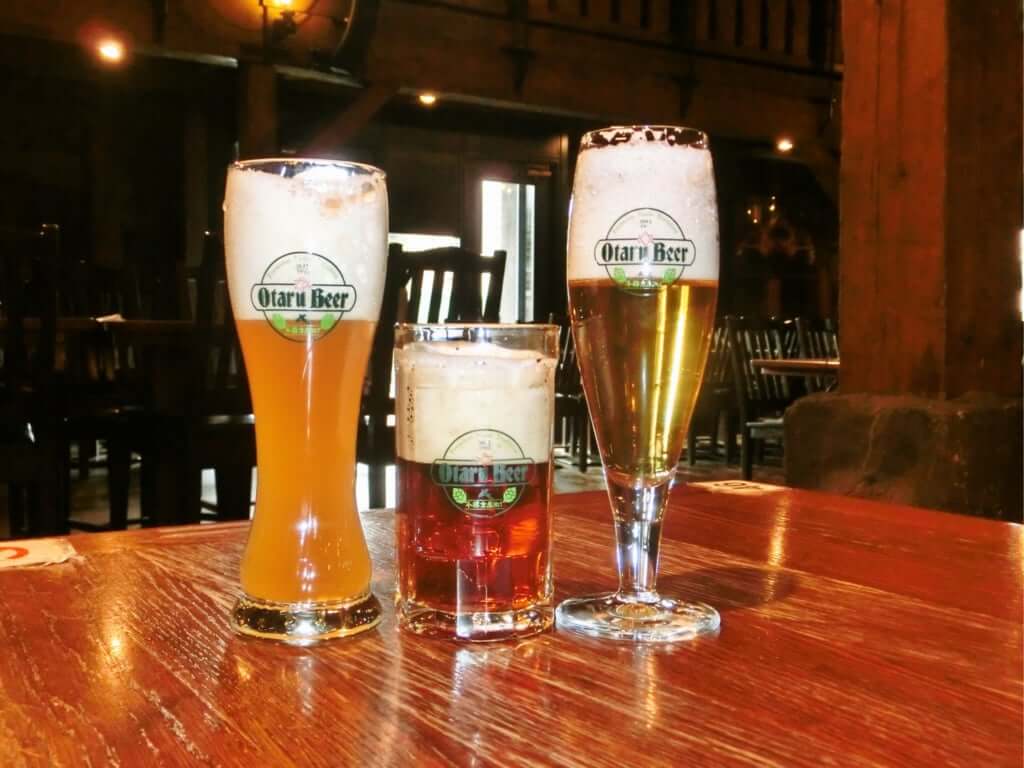
©Otaru Beer
The cradle of Japanese brewing culture, Hokkaido is home to one of the country’s most famous breweries, Sapporo Breweries Ltd., which was founded at the end of the 19th century. But in the shadow of the brewing giant, artisanal houses flourish, such as Otaru Beer, located in the eponymous port city. We discover Germanic accents nestled in an old industrial warehouse along the canal. On the menu are Pilsner and Weizenbier: the recipes of a Munich brewer who observes local tastes. Favouring mountain water and organic raw materials, the establishment only sells its production within a maximum radius of 100 km, artisanal yeast not being able to withstand long journeys. As something exceptional on the island, we order an assortment of sausages to accompany its gravitas.
Hokkaido’s various specialties are enjoyed in the privacy of izakaya. To find Rakuten bar, we must cross the canal and venture into the dark alleys next to the shimmering central shopping street. Here, the traditional partitions that separate the tables have been replaced by long curtains of rough rope. A nod to the sailors of the port? The selection of organic and natural wines, from Hokkaido and elsewhere, is an invitation to itinerant life. The vintages go well with seasonal recipes, such as their large bowl of oden, a tasty pot-au-feu where fish cake, fried tofu and autumn vegetables are simmered, or even with their fleshy Hokkaido oysters, brought out smoking on a fire. The clinking of the glasses is drowned out by the jazz melodies of the Japanese DJ Nujabes: the Rakuten, which refers to heaven in Japanese, definitely bears its name well.
Sapporo: in search of the island's flavour
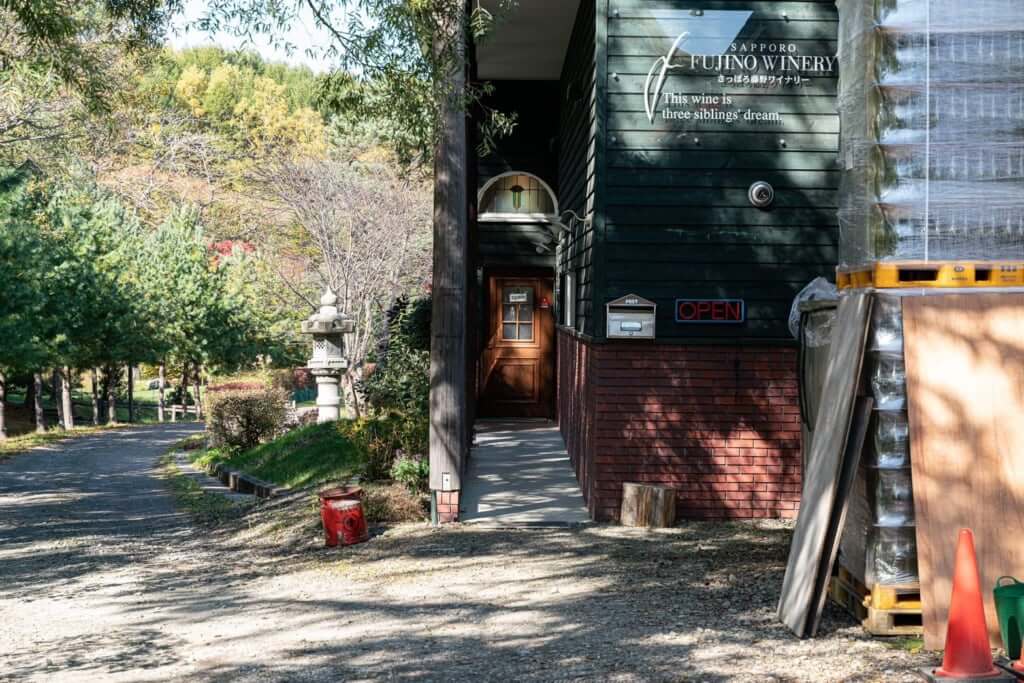
In the male-dominated wine landscape of Hokkaido, winemaker Yoshie Yobe is an exception. And so is her approach: after discovering natural wine during her many travels in Europe, she decided to produce ‘a wine that is good for the body’, low in alcohol, and made from indigenous yeasts. Her estate, Fujino, can be seen at the end of a path that winds between maples under the autumn sun. Her wines have a cloudy and wild colour: ‘they are unfiltered’, the winegrower proudly emphasises, in an effort to better explain where they come from. An ideal accompaniment to a one-to-one visit with the tops of the tall pines that can be seen from the property’s window.
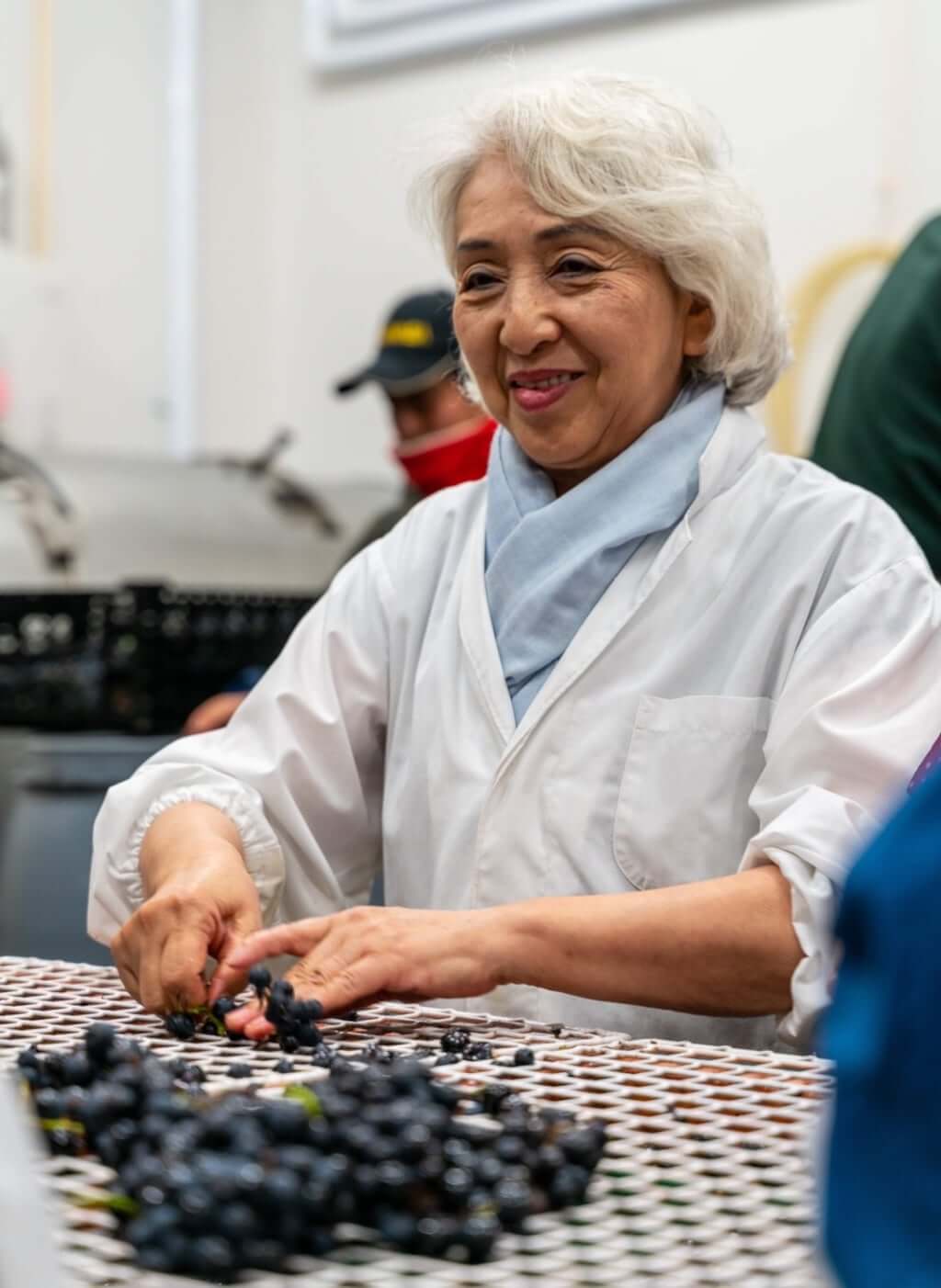
Exploration of the island would not be complete without a visit to the restaurant of the starred chef Tomoyuki Takao. At his table, Hokkaido is described, both in a simple and a complex way, through dishes that highlight the products of the surrounding forest. Every morning, the chef explores the mountain to collect berries, roots and plants traditionally used by the Ainu people: ‘their knowledge is a great source of inspiration’, he explains, returning to the kitchen to explore the island’s indigenous flavours. Once tamed, the roots, with their subtle eucalyptus taste, blend with a slice of wagyu beef, while a cranberry-like berry spices up a jelly infused with white birch syrup. Served on a leaf from a tree, the small translucent sphere is lifted to our lips and tasted as if drinking the morning dew that it symbolises. At TAKAO, Hokkaido becomes edible.
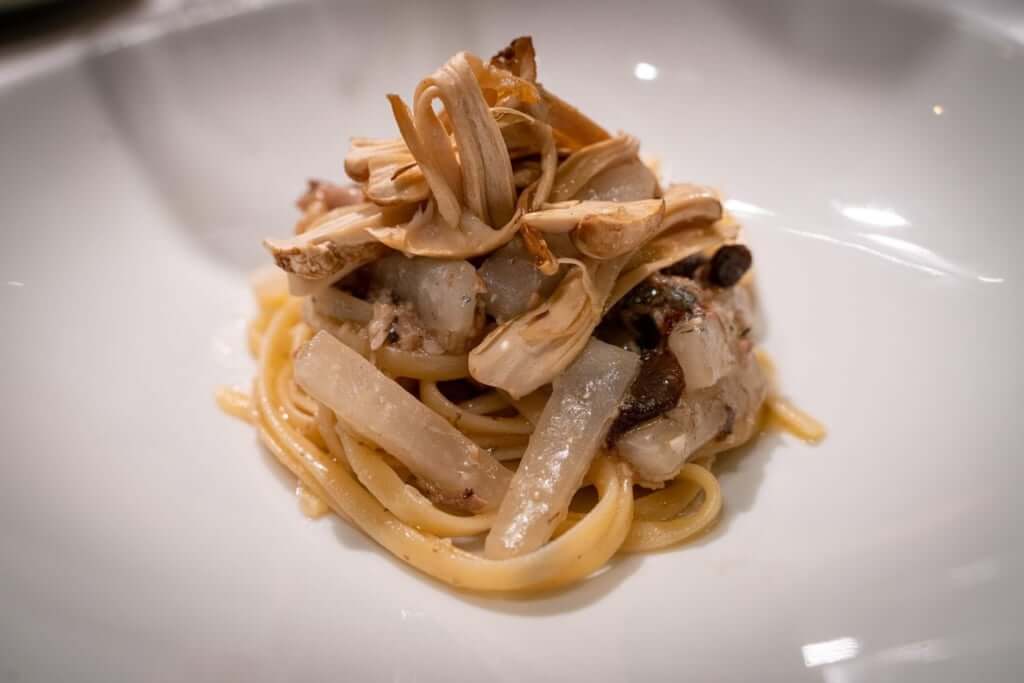
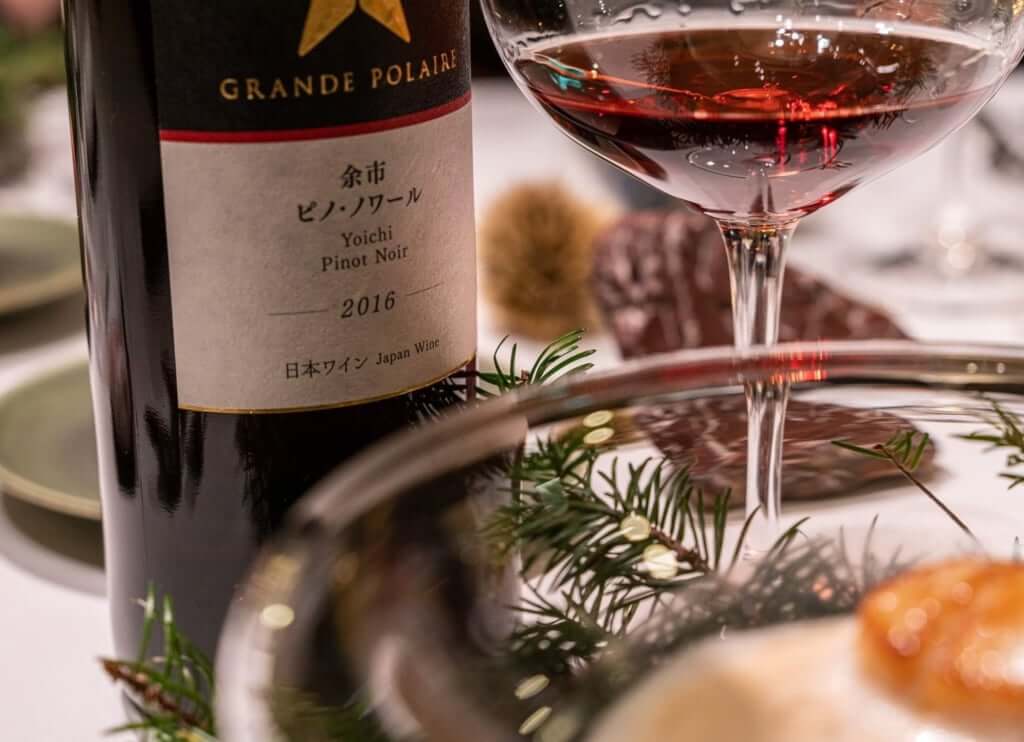
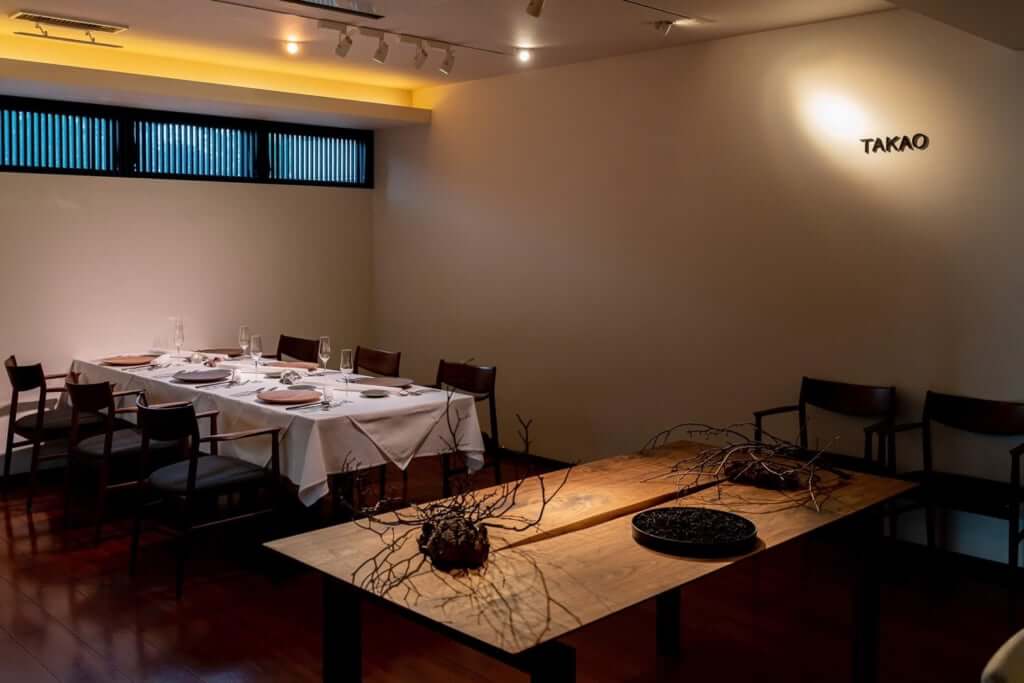
TAKAO Address: S3W23, Chuoku, Sapporo, Hokkaido Tel: +81 (0)11-688-2217
Sapporo City
www.sapporo.travel/?lang=enTRENDING
-
Gashadokuro, the Legend of the Starving Skeleton
This mythical creature, with a thirst for blood and revenge, has been a fearsome presence in Japanese popular culture for centuries.

-
The Tattoos that Marked the Criminals of the Edo Period
Traditional tattoos were strong signifiers; murderers had head tattoos, while theft might result in an arm tattoo.

-
The Tradition of the Black Eggs of Mount Hakone
In the volcanic valley of Owakudani, curious looking black eggs with beneficial properties are cooked in the sulphurous waters.

-
Recipe for Ichiraku Ramen from ‘Naruto’ by Danielle Baghernejad
Taken from the popular manga with the character of the same name who loves ramen, this dish is named after the hero's favourite restaurant.

-
‘YUGEN’ at Art Fair Tokyo: Illumination through Obscurity
In this exhibition curated by Tara Londi, eight international artists gave their rendition of the fundamental Japanese aesthetic concept.

